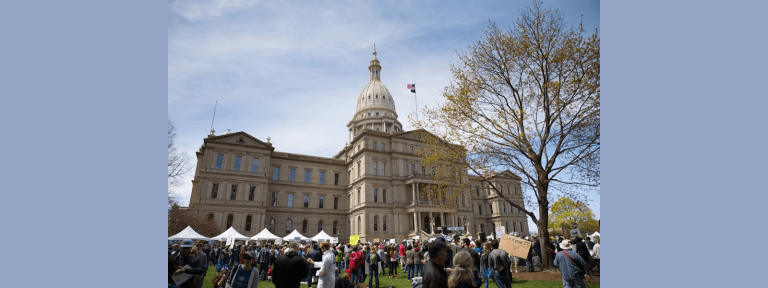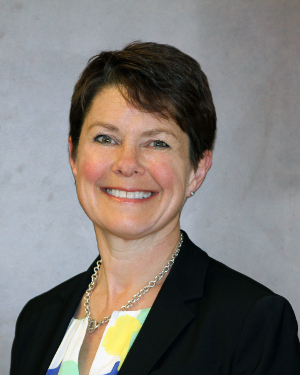
“Remember that we are all called upon to be the shoulders of giants and support the next generation of scientific excellence.”
I have been a science educator for more than half of my life, and I am pretty sure that there is no way in the world I can speak to a large group of people and not deliver some righteous schooling! But in all seriousness, I am here because I believe in our future. And that’s why I want to take some time to talk to you about Isaac Newton.Yep, the apple on the head, gravity, calculus, born on Christmas Day 1642 Isaac Newton.
There is a famous quote attributed to Newton that goes like this: “If I have seen further than others, it is by standing upon the shoulders of giants.” I think this quote is so important to all of us gathered here today.
The shoulders of giants. What giants? I, for one, believe that Newton was referring to Galileo. I mean, face it, Galileo was really the first experimentalist. He was the first person to use the scientific method as a way to learn about the physical world. Whether it was rolling balls down inclined planes or dropping the fabled stones from the top of the Leaning Tower of Pisa, Galileo was the one who showed us how to ask a question and then design an experiment to measure and test. And it is the model for how scientists do what they do. It is how we as scientists know what we know. And it is really important. Because how scientists come to know is very different than how any other discipline comes to know. Not better. But different.
 So I am sure Newton was referring to Galileo. And Galileo was a giant, because he was the first experimentalist. But he was a giant for another reason as well. You see, Galileo had to defend his work. And he had to defend his work against one of the biggest, baddest, most powerful institutions of his time – the church. And he wasn’t afraid. He wasn’t afraid at all. He stepped right up and he wrote a scathing, challenging defense of his work.
So I am sure Newton was referring to Galileo. And Galileo was a giant, because he was the first experimentalist. But he was a giant for another reason as well. You see, Galileo had to defend his work. And he had to defend his work against one of the biggest, baddest, most powerful institutions of his time – the church. And he wasn’t afraid. He wasn’t afraid at all. He stepped right up and he wrote a scathing, challenging defense of his work.
We are called to do the same thing right now. You see, we scientists have gotten a little complacent. But it isn’t really our fault. As scientists who undertake the scientific method, who understand that the results are the only thing that matters, we step back and let our work - our data and our results - take the center stage. We have let the data and results speak for us. But this has been predicated on the notion that our work is respected and valued both for what it is and for the process that was used to get there.
But here’s the thing. The data isn’t valued now like it used to be. At best, our data is challenged and our methods are misunderstood and mistrusted. At worst, our data is ignored or treated as if it were an opinion that can be debated. As I tell my students – the data is what the data is. It is not to be ignored, explained away or debated. It just is.
We can no longer sit back and assume that the data will speak for itself – because no one is listening to it. We have to step up and defend it. We have to be more like the giant, Galileo, and defend our work to the world.
Why? So that the next Newton can climb on our shoulders. And who is the next Newton?
I have spent 30 years working with the next Newtons. And let me tell you, we WANT those students up on our shoulders. We do. They are amazing. They have so much to offer us. And we want it to be possible for them to see WAY further than we could ever see.
And you know what else is cool about Newton’s statement? Newton did not say I was able to see further because I stood on the foundations of others. He said because I stood on the shoulders of giants. It’s a personal thing. We support each other. It’s a continuum of people who support the next generation of excellence. It’s our duty to the future to provide the strong shoulders for the next generation of scientists to step up on.
I also wanted to talk about Newton because I believe his work defines our next steps.
When you think of Newton’s work, you probably think of the laws of motion. Okay, maybe you think of Calculus. Or cookies. But I want to focus on the Laws of Motion - something everybody knows – even if they don’t know they know them.
A body at rest tends to stay at rest. We all know that one – heck it is even a commercial. It’s the Law of Inertia – inertia – a word that we have taken in our popular vocabulary to mean inaction.
But I want to focus on Newton’s Second Law. It is more important to us today. Newton’s Second Law is about acceleration. And acceleration is a change in direction or speed. And what Newton said is this – if you want to change the direction of something, you have to apply a force. No force means no change.
Doesn’t that pretty much sum up our charge right there?
If we do not like the direction of science right now,
if we don’t like the defunding of important research,
if we don’t like policy being made that ignores important scientific results,
if we don’t like the fact that scientists are not being encouraged to openly share their work,
if we don’t like that fact that science is not considered a vital ingredient in a working democracy,
if we are not happy with the current direction, then we have to change it – and the only way that happens is with a force.
You are the force. I am the force. My students are the force. Together we are the force that is necessary to change the current direction.
So today and everyday – please remember Newton! Remember that we are all called upon to be the shoulders of giants and support the next generation of scientific excellence.
And to remember that the only way we will ever see a change in direction is if we apply a force.
Be the force.